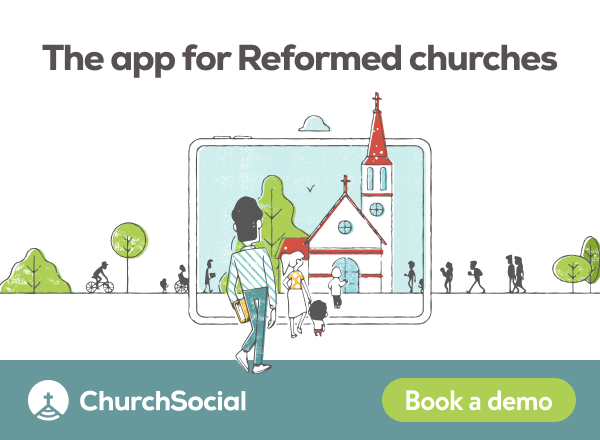The Gospel in the Land of the Unexpected


Back in July, I had the privilege of spending a month in Papua New Guinea teaching at the Reformed Churches Bible College (RCBC). This stint was a long time in coming. In fact, I was slated to go in 2020, but we all know what happened to plans that year. However, finally everything aligned and I was on the ground for my first experience of the “Land of the Unexpected.” For those who’ve never been to PNG or the RCBC in Port Moresby, it might be worth sharing a few of my observations.
Culture
While the lingua franca is Tok Pisin, many people speak English in Port Moresby. At the RCBC, all the students speak English to varying degrees of proficiency. At some of the Reformed churches, one can preach in English. This can lull you into a false sense of cultural similarity. However, should you have it, that false sense is soon vaporized by the reality of PNG Melanesian culture.
For example, visiting with RCBC students and teaching them, I soon learned about marriage practices. Some have registered marriages (akin to what we know), but many have traditional marriages. Both are legal in PNG and both are found amongst Christians. Further, in many rural PNG communities, and sometimes even in the cities, there is a bride price practice. Prospective suitors have to be prepared to pay the bride’s family to wed her and the substantial sum plunges some men deeply into debt.
There’s also a widespread animistic worldview or, amongst devout Christians, sometimes the remnants of such a worldview. We’re instinctively drawn to scientific and materialistic interpretations of things like sickness or accidents. For instance, if you become sick, it’s because you were infected with a pathogen. But in PNG, the first impulse is often to a spiritual interpretation, usually involving demons and witchcraft. I noticed this even at the RCBC with some of the students.
Worship

One of the things I really enjoyed about my time at the RCBC was the atmosphere. Every week began with worship at one of the local churches. All the staff and students and their families would board any number of vehicles and everyone went to church together. It was beautiful!
There are no classes on Mondays. But come Monday evening there was the “nait lotu.” That’s Tok Pisin for “night worship.” The whole College community (including wives and children) gathered to sing praises, to pray, and to hear an exposition of God’s Word by one of the staff or students.
Then Tuesday morning, and every weekday after that, there was a regular devotion time before classes began. Again, there was singing, prayer, and a short meditation. It was a refreshing and God-honouring way to begin each day of studies.
Community

Another unforgettable part of the RCBC experience is the strong sense of community. Staff and students live together on the campus. Everyone has to cooperate and contribute to make the community work. There’s something really quite special about living and working in a place like that.
This isn’t to say that there aren’t sometimes problems. But when there are problems, whether personal or interpersonal, they don’t stay private for long. Living in close proximity doesn’t allow for that. But then staff and students come alongside each other to address any issues in a Christian way. It’s all part of the spiritual growth process offered at RCBC.
Conclusion

I was only in PNG for a relatively short time, but even in that month I could see how God is working to advance the gospel in that land and it made me rejoice. There is much darkness in PNG, just as there is here in Australia. But God has his people and Christ is gathering in more all the time through the power of his Word and Spirit. Our missionaries are blessed to be instrumental in that cause in PNG, as are the Reformed churches there. But also the RCBC has been and, by God’s grace, will continue to be used greatly for the ongoing fulfilment of the Great Commission for the glory of God.



